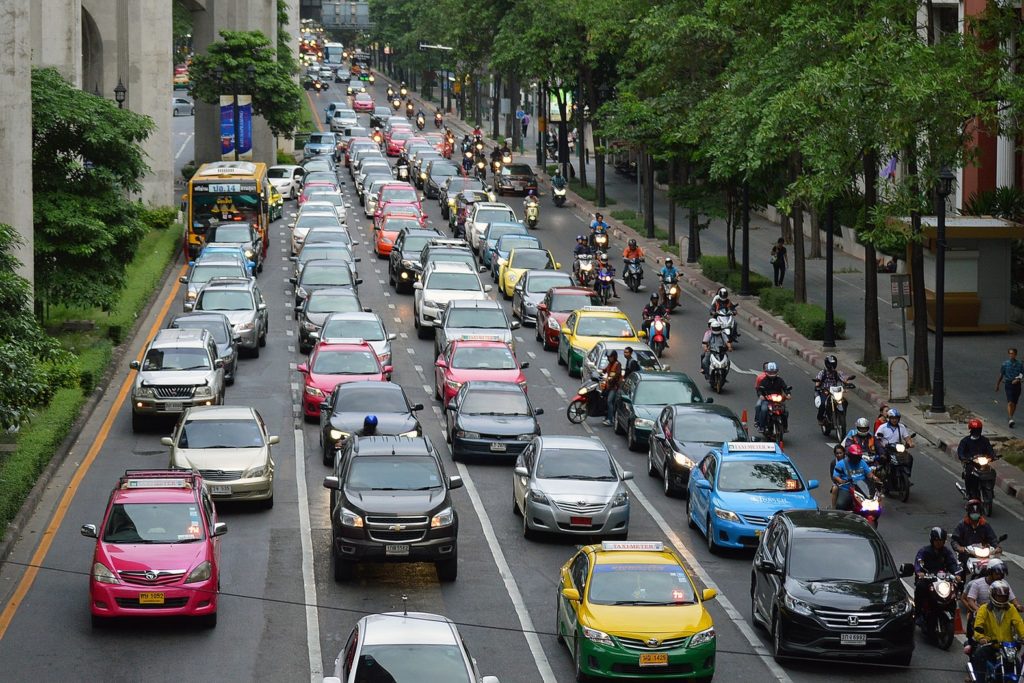
By Yvonne Milosevic
Is the morning commute making you miserable AF? You might be feeding those sour feelings if things like music or social media browsing occupy your mind during your transpo time, Harvard researchers have found. Yup, it sounds bonkers. But the ways we’ve all been encouraged to pass the time in commuter hell—music, podcasts, audiobooks, language-learning apps—might actually make the transition to our work life more jarring.
In one of their studies, the researchers gave some commuters a prompt that said: “Please use your commuting time to focus on your goals and make plans about what to do (during your workday).” Other commuters were encouraged to do something they enjoyed: “You could listen to music, read the news, or catch up on social media—anything that you inherently enjoy is fine.”
Ready for the kicker?
The commuters who made plans for their workday reported significantly higher levels of job satisfaction and reduced intentions of leaving their jobs than those who did something enjoyable in the moment.
“I was surprised with this finding myself,” says Harvard Business School professor Francesca Gino. “The idea that we need to work to transition from our home role to our work role is not always intuitive. One would think that switching roles is as easy as putting on a different hat. It turns out that transitioning between roles takes time and effort, and it’s a part of the day we need to pay more attention to.”
Make your commute more productive.
Gino and her colleagues set out to discover ways that people can better cope with their commute. They recommend employees adopt a mental transition strategy they call “role-clarifying prospection.” Rather than remaining stuck in the traffic-jammed present, employees can channel their thoughts toward the things they want to do once at work. Having this “future focus” allows people to feel prepared for the day ahead.
Plan your day.
Write down your top 3-5 priorities for the day. Drafting this to-do list focuses your energy and sets you up for a more organized workday. Even if you’re not Elon Musk-level busy, time blocking your work-related tasks can make a huge difference in productivity. Don’t forget to schedule personal obligations and appointments, too.
If you drive to work and can’t write an actual list, running through a mental checklist still helps you transition. Or, dictate your thoughts into a note-taking app like Google Keep or Evernote. Starting the day with a clear plan of action will cut down on procrastination later.
Catch up on email.
According to The Washington Post, white-collar workers spend an average of 4.1 hours checking work email each day. Many of us start our day at the office by wasting spending at least 30 minutes reading, replying, and deleting emails. If you’re not driving or biking to work, spend that travel time taming your unwieldy inbox. You’ll feel accomplished and ready to hit the ground running as soon as you arrive.
Finally, this “role-clarifying prospection” strategy may also work in reverse, the researchers suspect. Don’t ruminate over problems at work as you travel home. Use that time to think about dinner plans, your Netflix queue, or other activities you enjoy.
“You can’t adapt to commuting because it’s entirely unpredictable,” psychologist Daniel Gilbert says in the working paper. “Driving in traffic is a different kind of hell every day.” But you can make more effective use of that time and transition seamlessly into Office You.


